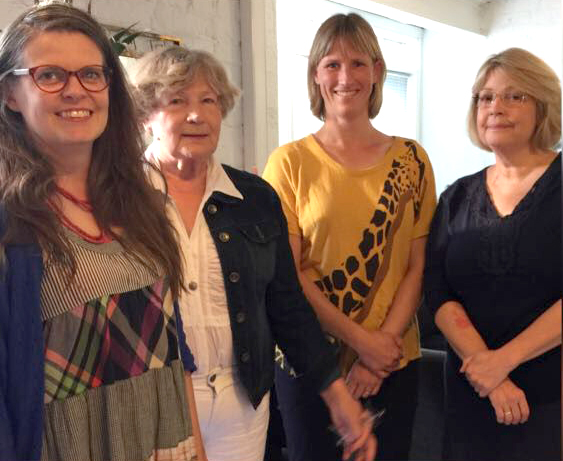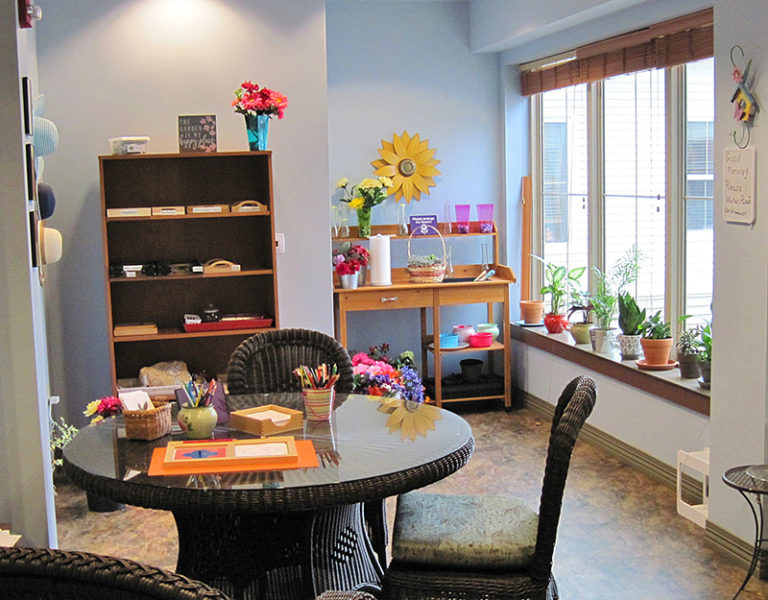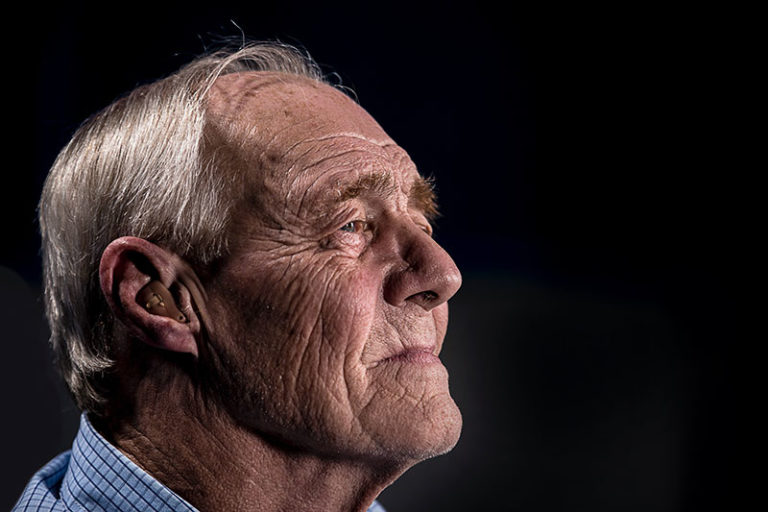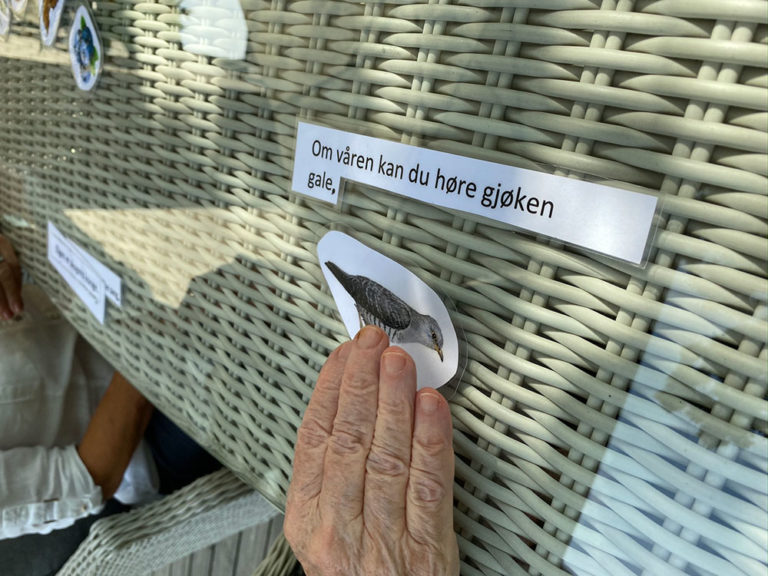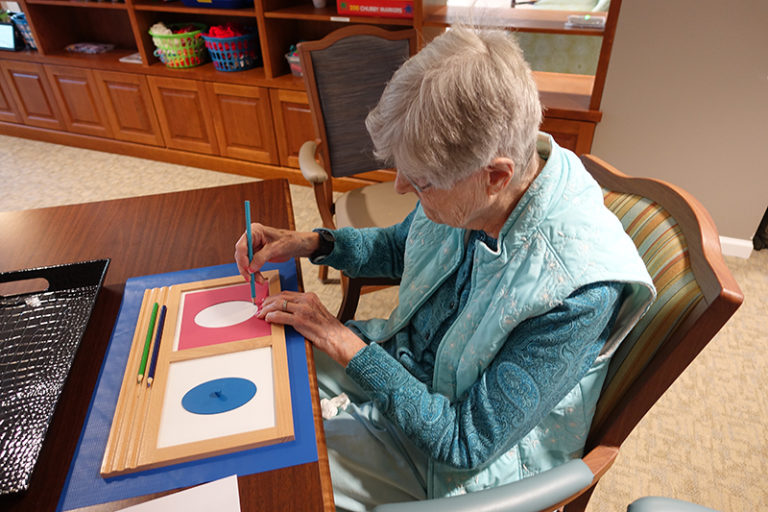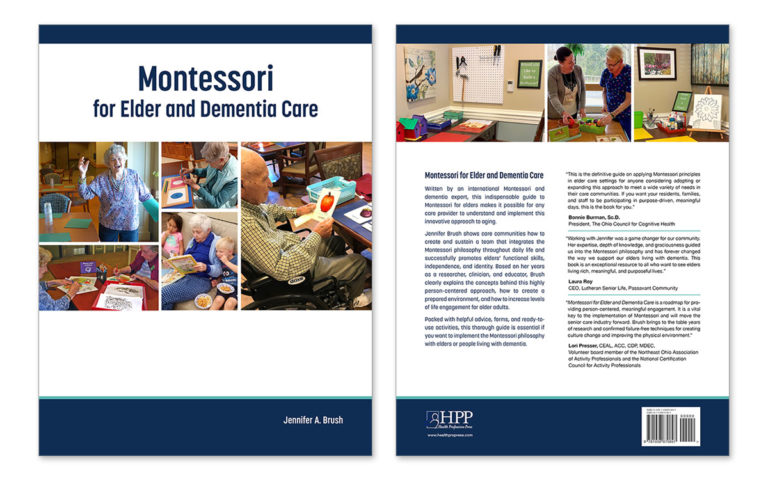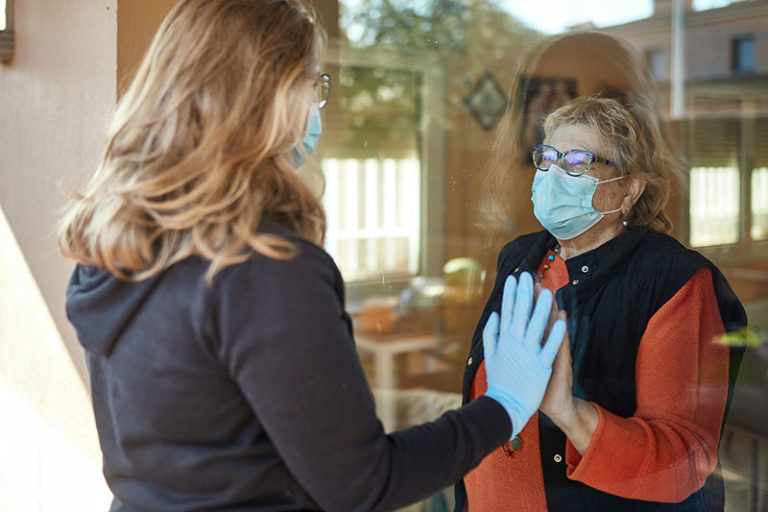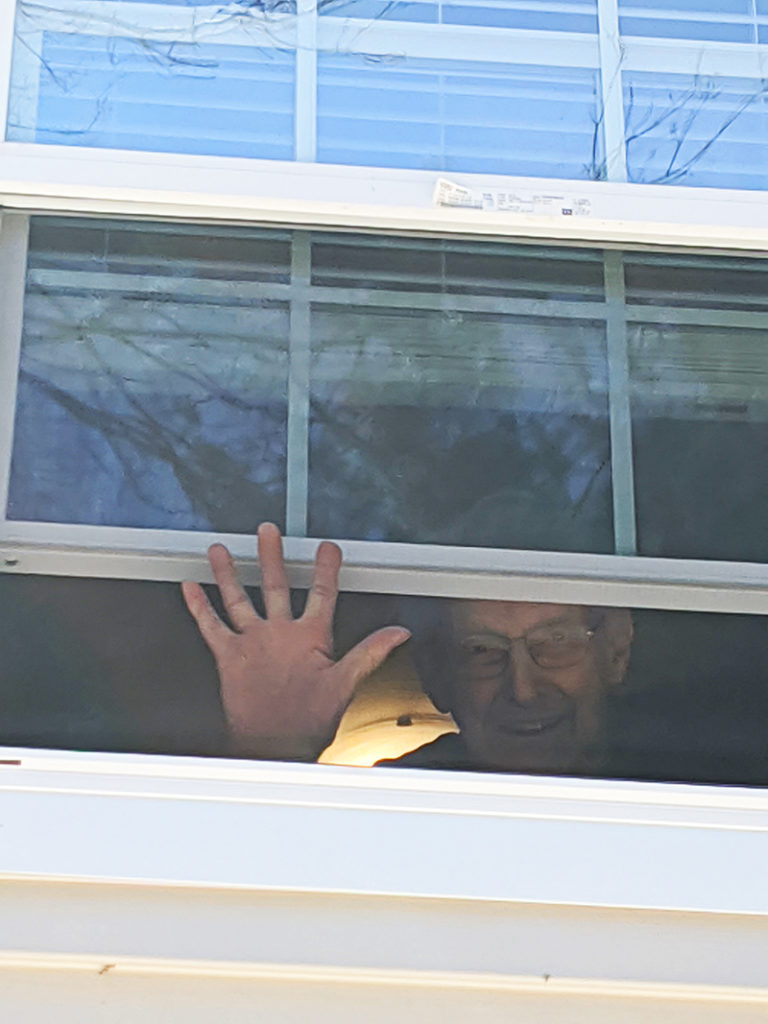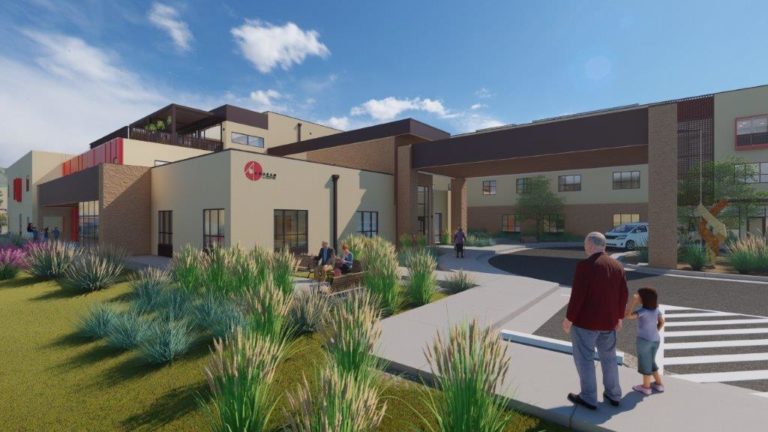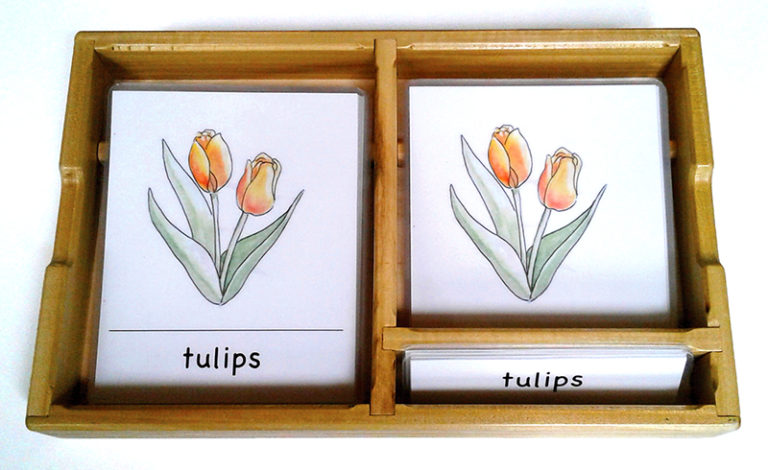ON THE ROAD AGAIN… From Can’t to Can Do! Travels to Finland
I love traveling, seeing new things, and meeting wonderful people along the way. The relationships formed during travel are some that I cherish the most. Certainly, COVID has put a damper on that for all of us. In 2019 I was scheduled to go to Finland and present my From Can’t to Can Do! Montessori for Aging and Dementia program. Of course, that was cancelled, and after rescheduling twice, I am pleased to be leaving next week for Helsinki! A group of wonderfully determined women who I first met in Prague are hosting my visit in order pioneer change in elder care. Their group is called Muisti Montessori and here is their story.

